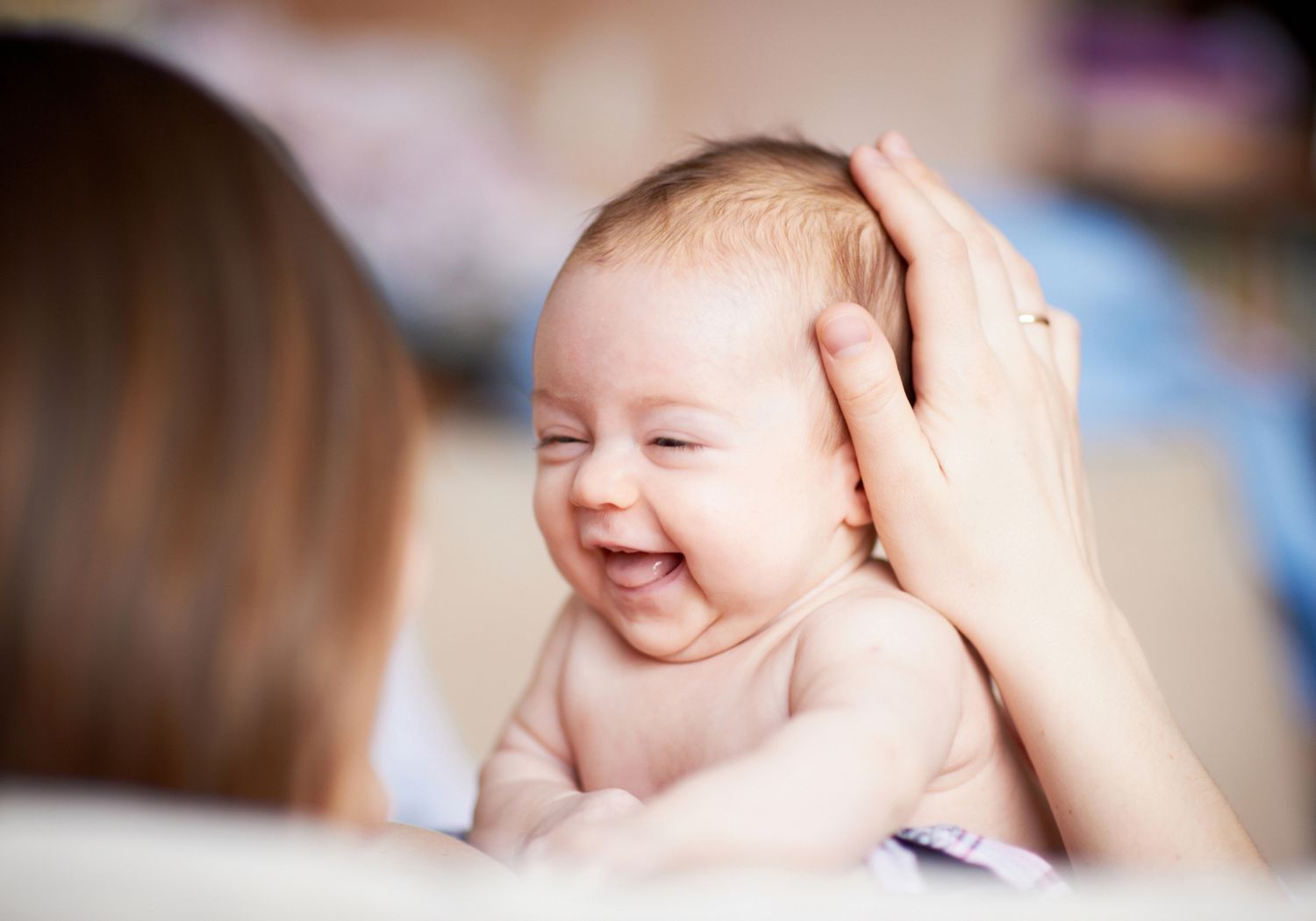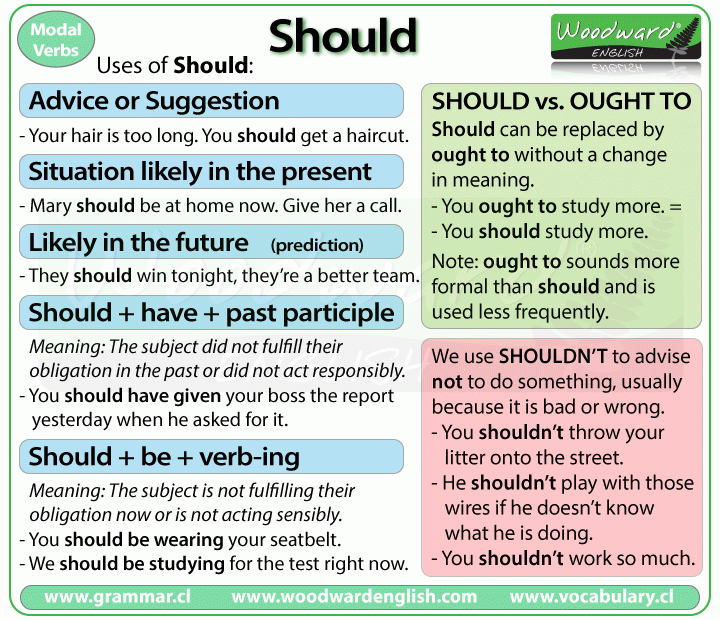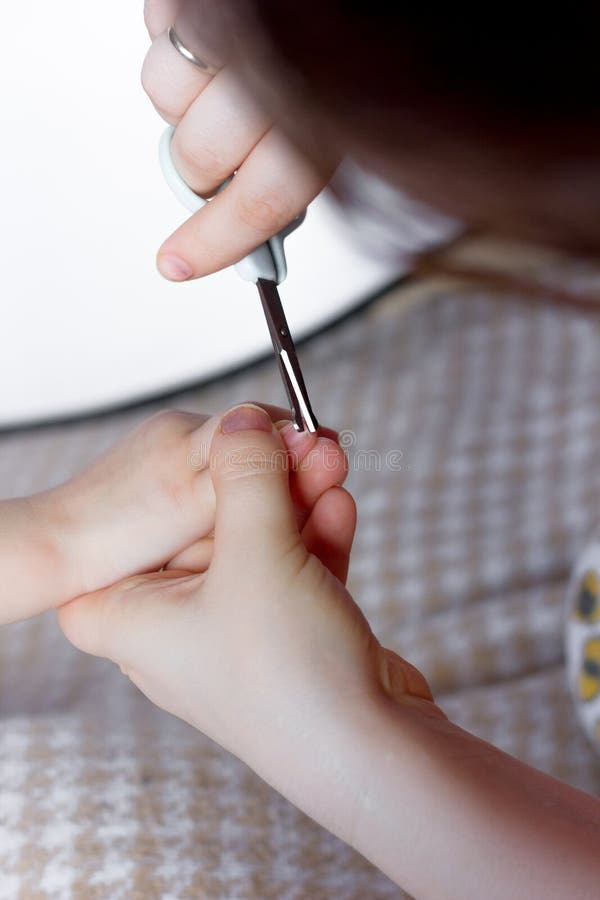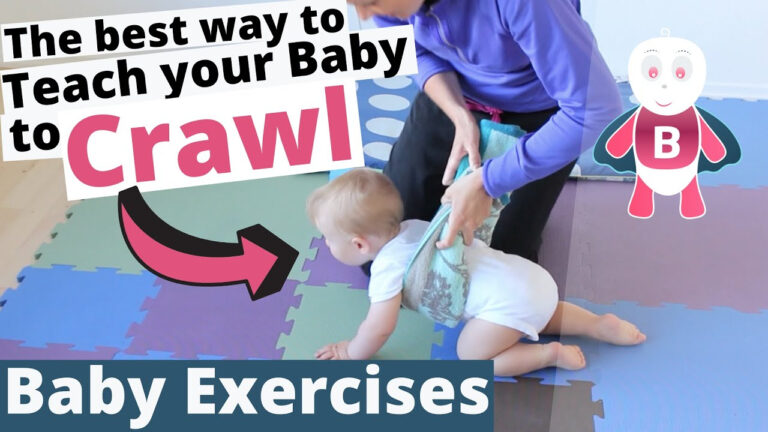When Does A Baby Start Smiling
As a parent or caregiver, one of the most heartwarming moments is when a baby first smiles at you. It’s a beautiful milestone that signals the beginning of emotional connection and communication. In this article, we will explore the fascinating world of baby smiles, diving into when babies start smiling, why it happens, and what it means for their development.
Knowledge
When does a baby start smiling? The answer may vary slightly from one baby to another, but most babies start flashing their first genuine smiles between 6 to 8 weeks of age. These early smiles are often referred to as “social smiles” because they are usually in response to a stimulus, such as seeing a familiar face or hearing a comforting voice.
It’s important to note that babies may also produce reflex smiles in the first few weeks of life, which are more of a spontaneous muscle movement rather than a response to external stimuli. These reflex smiles typically disappear by the time genuine social smiles emerge.
Why do babies smile? Smiling is a crucial form of nonverbal communication for babies. It allows them to express happiness, contentment, and social engagement with their caregivers. From a developmental perspective, smiling is a sign of emotional connectedness and attachment between the baby and their primary caregivers.
As babies grow, their smiles become more intentional and expressive. They learn to use smiles to interact with the world around them, attract attention, and build social bonds. Smiling also plays a significant role in language development, as babies begin to associate specific emotions and social cues with facial expressions.
Several factors can influence when a baby starts smiling and how often they smile. These factors include:
Each baby is unique, and their smiling patterns may vary based on these individual factors. However, most babies follow a similar timeline of smiling development, with social smiles emerging around 6 to 8 weeks and becoming more frequent and expressive over time.
Conclusion
In conclusion, understanding when a baby starts smiling provides valuable insights into their emotional and social development. Social smiles play a crucial role in building strong bonds between babies and their caregivers, fostering communication and connection from an early age.
For parents and caregivers, witnessing a baby’s first smile is a joyful and rewarding experience that reaffirms the special bond they share with their little one. By responding to these smiles with love, attention, and care, adults can nurture the baby’s emotional well-being and support their social development.
Final thoughts, market outlook, and why it matters: The ability to smile is a fundamental aspect of human interaction and communication. For babies, smiling is a powerful tool for expressing emotions, building relationships, and navigating the social world. By understanding when babies start smiling and the significance of these early smiles, parents and caregivers can create a nurturing and supportive environment that promotes healthy emotional development and positive social connections.






